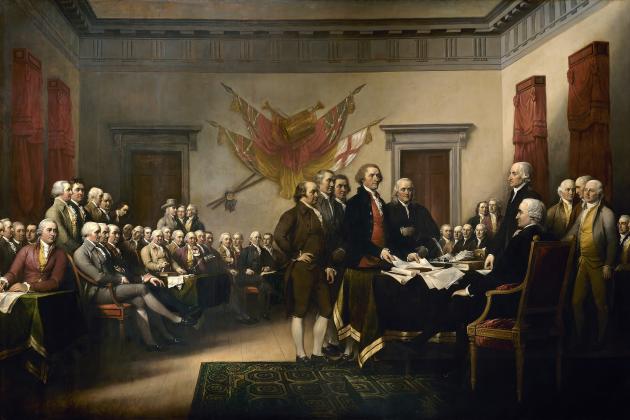PARTICIPANTS
Michael Bernstam, Jennifer Burns, John Cochrane, Paul Gregory, Joe Grundfest, David Mauler, Charles Plosser, George Shultz, John Taylor
ISSUES DISCUSSED
George Tavlas, member of the Monetary Policy Council at the Bank of Greece, discussed his recent research on the origins of Milton Friedman’s work on monetary economics and policy rules.
Tavlas walked through the evolution of Milton Friedman’s intellectual journey. Towards the beginning of his academic career (the late 1940’s), Friedman’s views were largely in harmony with those of his advisors in graduate school. For instance, he considered the economy to be inherently instable, advocated 100% bank reserves, viewed the velocity of money as having no lower bound, and supported an abolishment of open market operations. However, Friedman’s views evolved as soon as the late 1950’s, most significantly seen in his Quantity Theory of Money in 1956.
Tavlas described how Friedman’s transformation was based on empirical evidence he encountered. This can, in part, be attributed to Friedman’s talent as a statistician. Tavlas concluded by arguing the importance of understanding both how and why Friedman evolved during the course of his influential career.
A recent related paper by Tavlas is available at the following link: http://www.bankofgreece.gr/BogEkdoseis/Paper2014177.pdf









